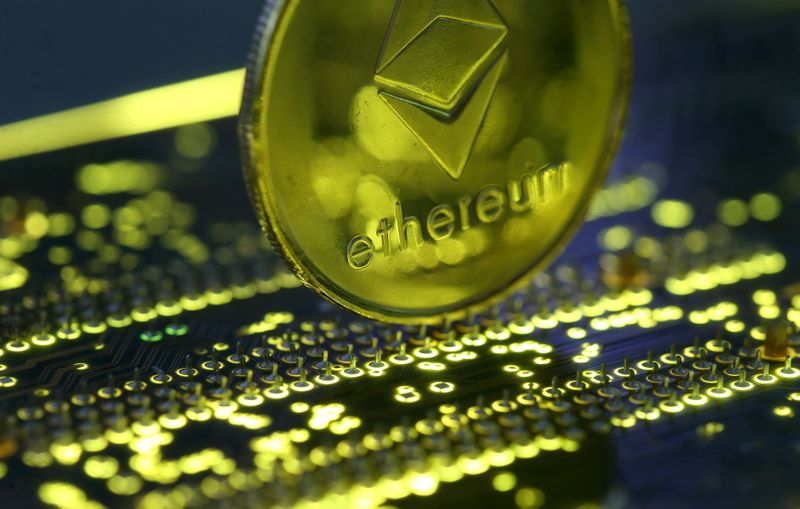D-Wave Quantum falls nearly 3% as earnings miss overshadows revenue beat
Coin Edition -
- EIP-7540 will introduce asynchronous deposit and redemption flows on Ethereum.
- The introduction will come as an extension to the existing ERC-4626 tokenized vault standard.
- EIP-7540 has the potential to benefit protocols that deal with real-world assets (RWAs).
According to reports, a new Ethereum Improvement Proposal, EIP-7540, to introduce asynchronous deposit and redemption flows has been submitted. The introduction will come as an extension to the existing ERC-4626 tokenized vault standard.
A new Ethereum Improvement Proposal, or EIP, aims to introduce asynchronous deposit and redemption flows as an extension to the existing ERC-4626 tokenized vault standard. This EIP has the potential to benefit protocols that deal with real-world assets (RWAs), cross-chain lending…— Wu Blockchain (@WuBlockchain) October 21, 2023
Colin Wu, a renowned Chinese reporter on crypto matters, recently posted that the EIP has the potential to benefit protocols that deal with real-world assets (RWAs), cross-chain lending, and liquid staking.
Details of EIP-7540 were made available on the Ethereum-magicians platform and included basic information about the newly proposed EIP. The authors of EIP-7540 include Jeroen Offerijns, Alina Sinelnikova, Vikram Arun, and Joey Santoro. These authors submitted the EIP-7540 proposal draft on Thursday, October 18, 2023, as a standard track type ERC-4626 protocol.
Further reports explained that the ERC-4626 is a standard that introduces parameters for yield-bearing vaults made for Smart Contract platforms that execute strategies. The smart contracts are also involved with providing rewards for token depositors.
According to the authors of the EIP-7450 proposal, it will enable the addition of new methods to asynchronously request a deposit or redemption and view the pending status of the request. The existing deposit, mint, withdraw, and redeem ERC-4626 methods are used for executing claimable Requests. Implementations can also add asynchronous flows for deposits, redemptions, or both.
The proposal authors also explained that yield-bearing tokens will become more composable across decentralized finance using the ERC-4626 Tokenized Vaults standard optimized for atomic deposits and redemptions up to a limit. Once the limit is reached, no new deposits or redemptions can be submitted.
An Ethereum user, Boom.X, who responded to Wu’s post on the EIP-7540 proposal, thinks Ethereum will have more significant improvements in the future. According to Boom.X, future EIPs would address the current limitations of the Ethereum network, especially reducing gas fees.
The post EIP-7540 Would Introduce Asynchronous Deposit on Ethereum Network appeared first on Coin Edition.
